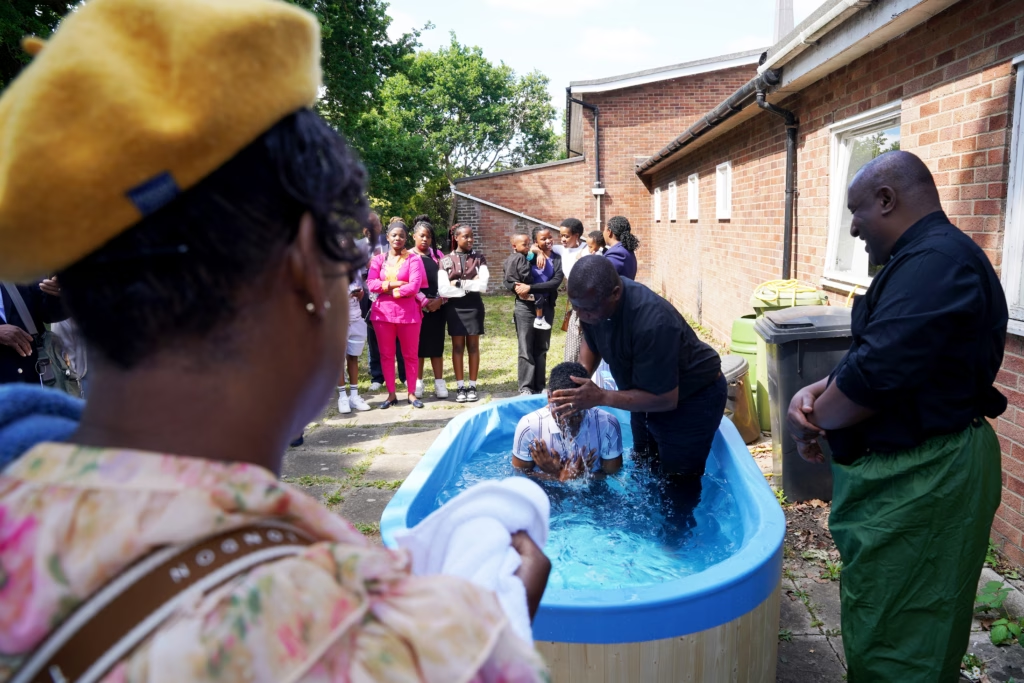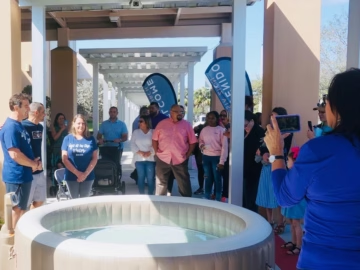
Songs, prayers, laughter, and the sound of splashing water filled the side yard of a small church in London. One after another, 19 people stepped into the pool to declare their faith through baptism.
This moment was a culmination of nearly 50 years of church development in country increasingly apathetic to matters of faith. Moreover, it’s a hopeful indicator of how God is leading BIC congregations in the U.K. into the future.
The London Macedonian Call
“This is a mission field,” says Elias Moyo, sitting under a shade tree in bustling London.
Born and raised in Zimbabwe, Elias – a pastor, missionary, and church planter – has devoted nearly fifty years of ministry to founding and developing the BIC Church in the U.K. (BICC U.K.). To evangelize in an increasingly secular nation has not been easy. Yet, since his commissioning, Elias’ goal has been singular: “to make disciples of all nations.”
In the 70s, an intense conflict broke out in Rhodesia, modern day Zimbabwe. Many people, including BIC believers1, fled the violence and sought safety in the U.K. Auntie Ivy Nkala was among them. She and other BIC Zimbabweans now in the U.K. identified a need for church planting and discipleship in the country.
Ivy challenged the denomination, saying “time was up that they (the North American and African Church) needed to stop flying over England to Africa or to the USA, but that they stopped and planted in the U.K. as the U.K. needs God.”2
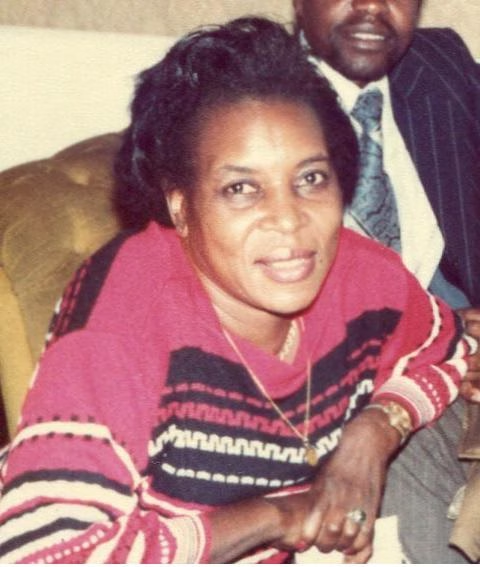
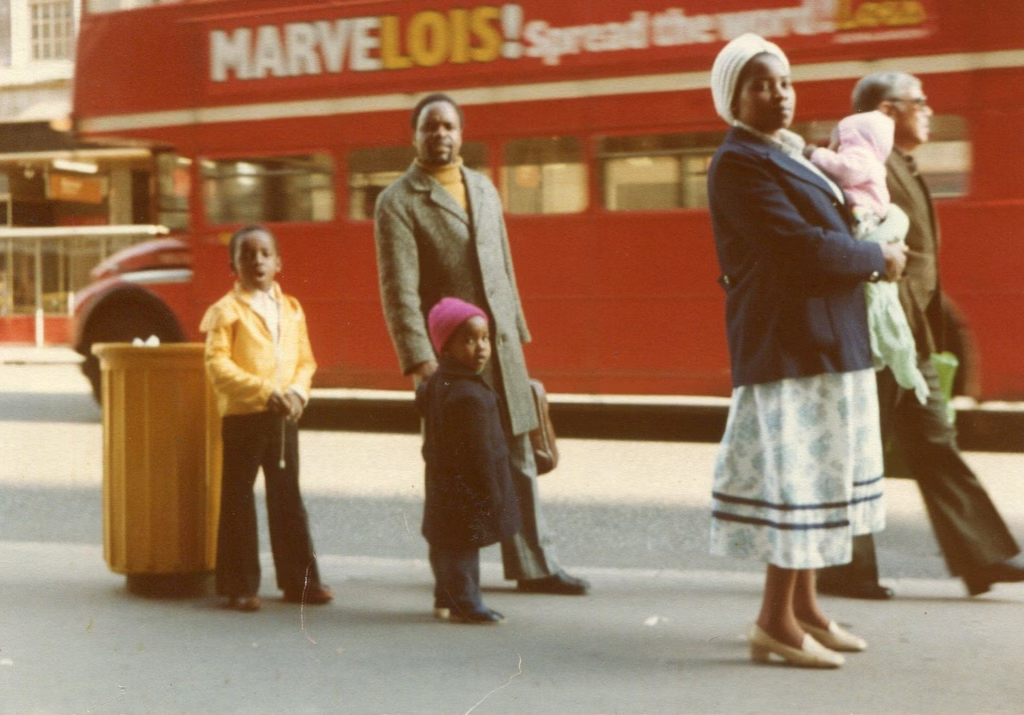
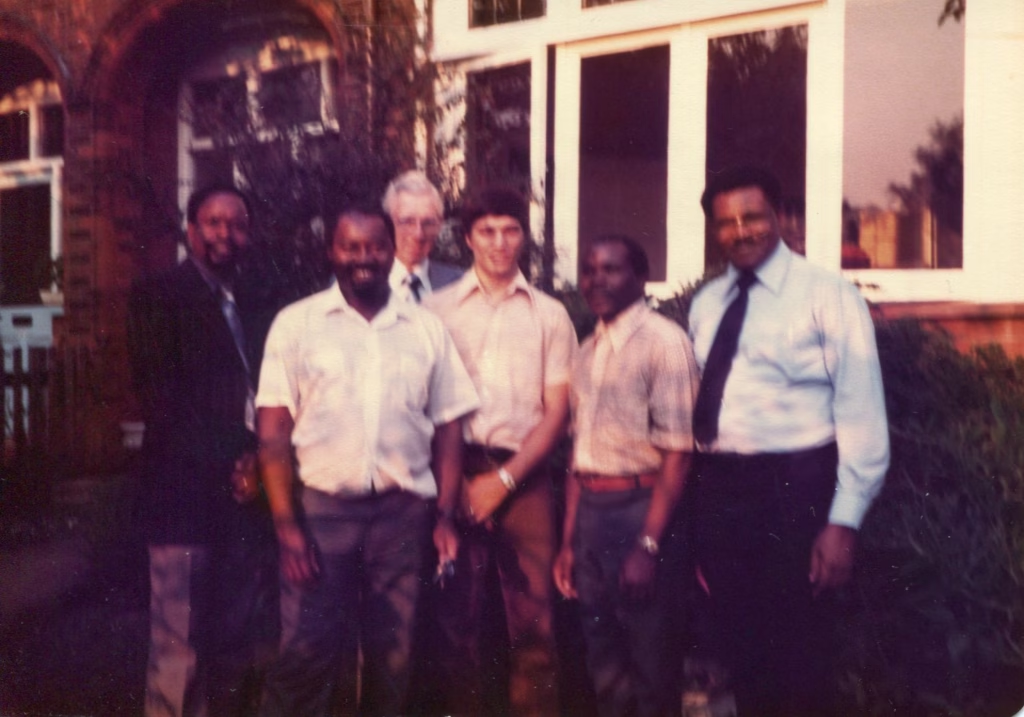
This challenge from Auntie Ivy and others became known among the BIC as the “London Macedonian call,” a reference to the Apostle Paul’s vision in Acts 16:6-10. It prompted BIC communities in North America, Zambia, and Zimbabwe and a World Missions task force to jointly respond.
After ministry feasibility study was conducted to assess the opportunities and needs in London, the BIC Church in Zimbabwe commissioned Elias Moyo as a trail-blazing missionary. He arrived in London with his wife Fadzai and their three children to begin the work discipleship and church planting in 1980.
Today, the BICC U.K. has 10 congregations and around 600 members.
Increasing Secularism
Ministry in the U.K. has not been easy in the 45 years since Elias first arrived, and cultural shifts are introducing new challenges.
Legally, the U.K. is a Christian country. The Church of England was established as the official state church in the 16th century, and the reigning monarch is still the head of both the church and the nation. However, like in much of Europe, secularism in the U.K. has risen while Church attendance has steadily declined.
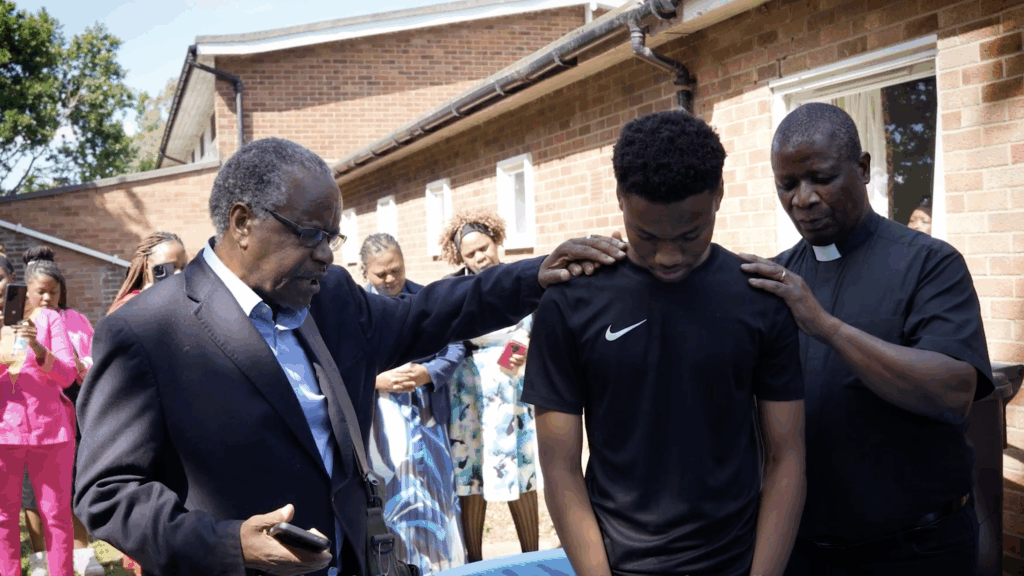
It’s a reality that Elias senses acutely. “For example,” he says, “there are more bingo halls than church buildings and more postal offices than pastors.”
Reverend Bonnet Moyo also sees the trend. No relation to Elias despite their shared surname, Bonnet is a BIC Zimbabwe missionary who joined Elias in 2000 and is now the national overseer for BICC U.K. He frequently sees the trend toward secularization in his interactions with people.
“If you are talking about God, you have to explain which God you’re talking about,” Bonnet says. “Most of the people here will tell you they are [part of] the Church of England, but they don’t practice.”
But these national trends have not caused Bonnet or Elias to lose hope. Instead, they’ve witnessed a new generation rising.
Declarations of Hope
In May 2025, BICC U.K. celebrated the baptisms of 19 people, 18 of whom were under the age of 30. As they gave their testimonies, Elias and Bonnet noted a throughline: hope.
“All of [their testimonies were] about the hope they have in Jesus more than the world can give them,” says Bonnet. “That was really a challenge to me. We have a great job as a church to reach out to many people so that they can have that hope in Jesus, more than what the world can provide. The World has got a lot of things, but that is temporal.”
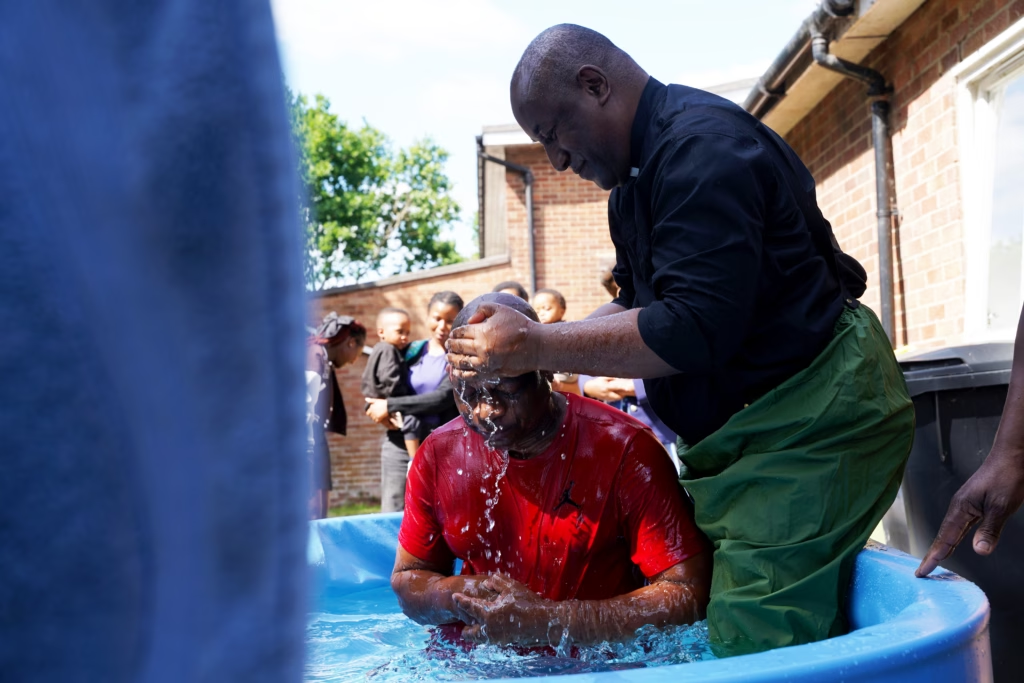
These baptisms coincided with new data that indicates an uptick in church attendance, especially among Gen Z men (ages 13-28). This comes from The Quiet Revival, a survey of church attendance in England and Wales commissioned by Bible Society.
The survey found that in 2024, 12% of respondents described themselves as Christian and attended to church at least once a month, compared to only 8% in 2018. Among 18-24-year-olds this rose from 4% to 16% over the same six years. Additionally, 47% of young Black people (18-34) reported attending church at least once a month.
It should be noted that a single study can’t paint a complete picture of U.K. Church health; data cannot fully convey intricate nuances. However, Barna released data this month that shows a similar trend in the U.S.: Gen Z and Millennials attend church more frequently than older generations. Perhaps both indicate a global trend and a universal desire to know God and find belonging.
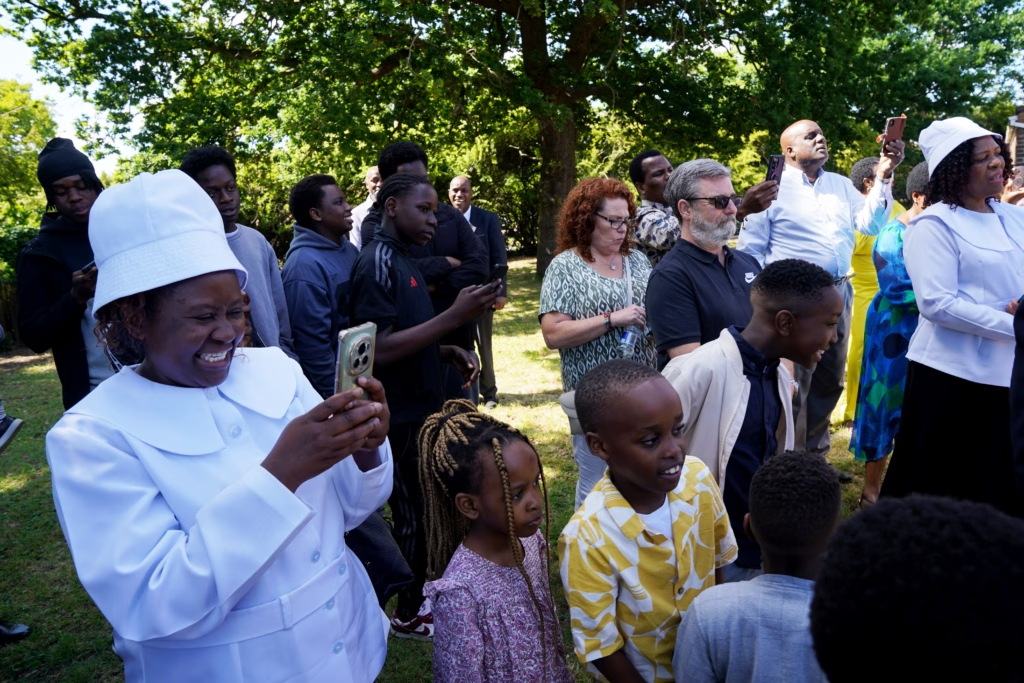
Looking To the Next 45 Years
Regardless of any data sets, Elias is turning his attention to the young people in his congregations. He now sees discipleship for this new generation of believers as a top priority for BICC U.K. “These young people need to understand the impact of the gospel so they can share their faith in their communities, workplaces, and universities,” says Elias.
As more young people grow in their faith, Bonnet knows that these young adults are the church leaders of the future.
“As you can see, I’m becoming gray,” says Bonnet, pointing to his hairline with a small smile. “But I know this church is not going backwards; it is going forward. I see these young people coming up, I see that there is a hope for tomorrow.
“They will take the church forward.”
Footnotes
1. The BIC Church in Zimbabwe can trace its beginnings to 1895 when American missionaries first arrived in what was then Rhodesia. It is the oldest national BIC Church outside of North America and today is home to the largest BIC congregation in the world.
2. Stop and Plant: Celebrating 31 years of Brethren in Christ Church UK, by Elias Moyo, July 2011
3. Photos from Stop and Plant
4. Photo from Stop and Plant (page 6) – “The Administrative Executive Committee (from left to right) Elias Moyo, Edgar Moyo, Roy Sider, Curtis Book, Bishop William Silungwe, Bishop Stephen Ndlovu”

